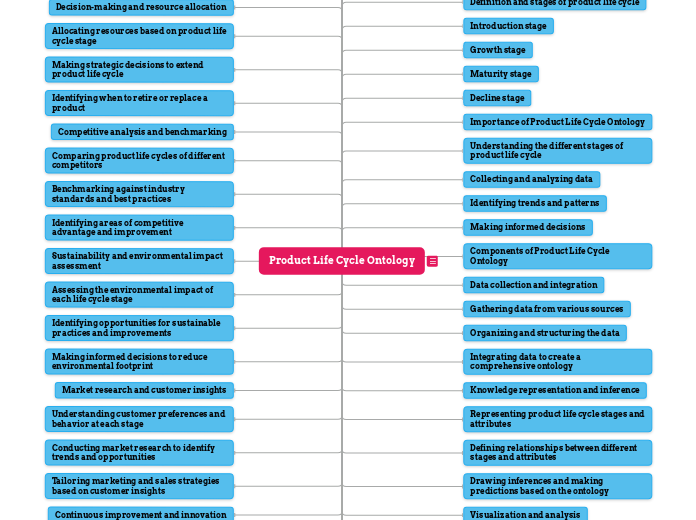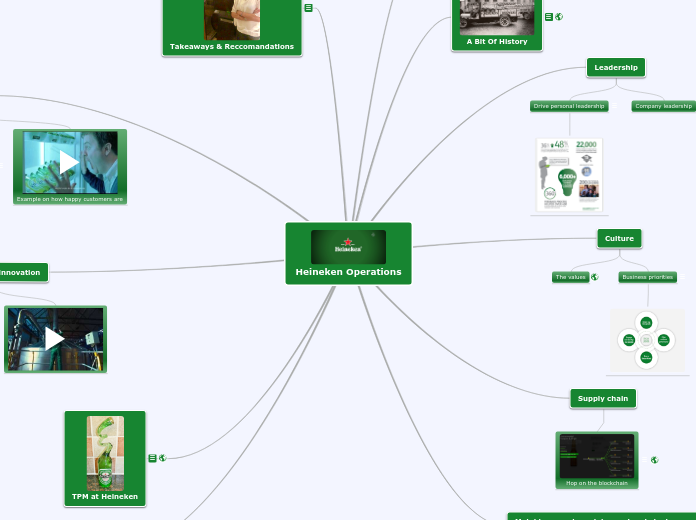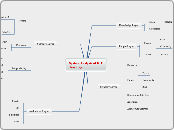Product Life Cycle Ontology
2. Developing strategies to mitigate risks and ensure product success
3. Monitoring and managing risks throughout the product life cycle
Identifying potential risks and challenges at each stage
Risk management and mitigation
Tracking and evaluating the success of improvement initiatives
Innovating and adapting products to meet changing market demands
Identifying areas for process optimization and efficiency
Continuous improvement and innovation
Tailoring marketing and sales strategies based on customer insights
Conducting market research to identify trends and opportunities
Understanding customer preferences and behavior at each stage
Market research and customer insights
Making informed decisions to reduce environmental footprint
Identifying opportunities for sustainable practices and improvements
Assessing the environmental impact of each life cycle stage
Sustainability and environmental impact assessment
Identifying areas of competitive advantage and improvement
Benchmarking against industry standards and best practices
Comparing product life cycles of different competitors
Competitive analysis and benchmarking
Identifying when to retire or replace a product
Making strategic decisions to extend product life cycle
Allocating resources based on product life cycle stage
Decision-making and resource allocation
Predicting product performance and success
Planning product launch and marketing strategies
Identifying market gaps and opportunities
Product development and planning
Applications of Product Life Cycle Ontology
Identifying opportunities for improvement and innovation
Analyzing the ontology to gain insights
Visualizing the product life cycle ontology
Visualization and analysis
Drawing inferences and making predictions based on the ontology
Defining relationships between different stages and attributes
Representing product life cycle stages and attributes
Knowledge representation and inference
Integrating data to create a comprehensive ontology
Organizing and structuring the data
Gathering data from various sources
Data collection and integration
Components of Product Life Cycle Ontology
Making informed decisions
Identifying trends and patterns
Collecting and analyzing data
Understanding the different stages of product life cycle
Importance of Product Life Cycle Ontology
Decline stage
Maturity stage
Growth stage
Introduction stage
Definition and stages of product life cycle
Overview of Product Life Cycle
Definition of Product Life Cycle Ontology
Introduction









